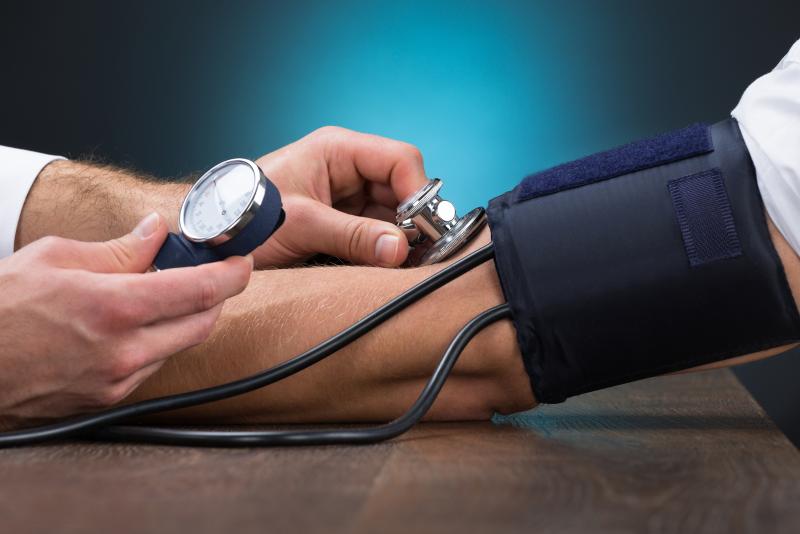
A recent study has shown the feasibility and safety of implementing the accelerated management of treatment-naïve grade II/III hypertension in routine practice, with no evidence suggesting harm.
Fifty-four of the 55 participants included in the study completed the protocol. Of these, 69±12.3 percent achieved office target blood pressure (BP) at their final visit despite a high average starting BP of 175/103 mm Hg. This was driven by significant reductions in both their office and ambulatory BP. Fifty-one percent of participants at office target BP were above target on ambulatory measurement.
In adherence testing, 92 percent of participants were adherent to treatment at their final visit.
“Further large-scale randomized studies of rapid, adaptive treatment, including a cost-effectiveness analysis, are required,” the investigators said.
This single-centre, before and after interventional study examined newly diagnosed, never-treated, grade II/III hypertensive patients with a daytime average systolic ambulatory BP ≥150 mm Hg to target within 18 weeks. The proportion at office target BP at 18 weeks was determined, along with office and ambulatory BP change from baseline to after the intervention.
The investigators designed the protocol to maximize medication adherence, including a low threshold for treatment adaptation. They also assessed safety through close monitoring of adverse events and protocol discontinuation.
“Rapid treatment to target in hypertension may have beneficial effects on long-term outcomes,” the investigators said. “This has led to a new recommendation in the 2018 European hypertension guidelines for patients with grade II/III hypertension to be treated to target within 3 months.”